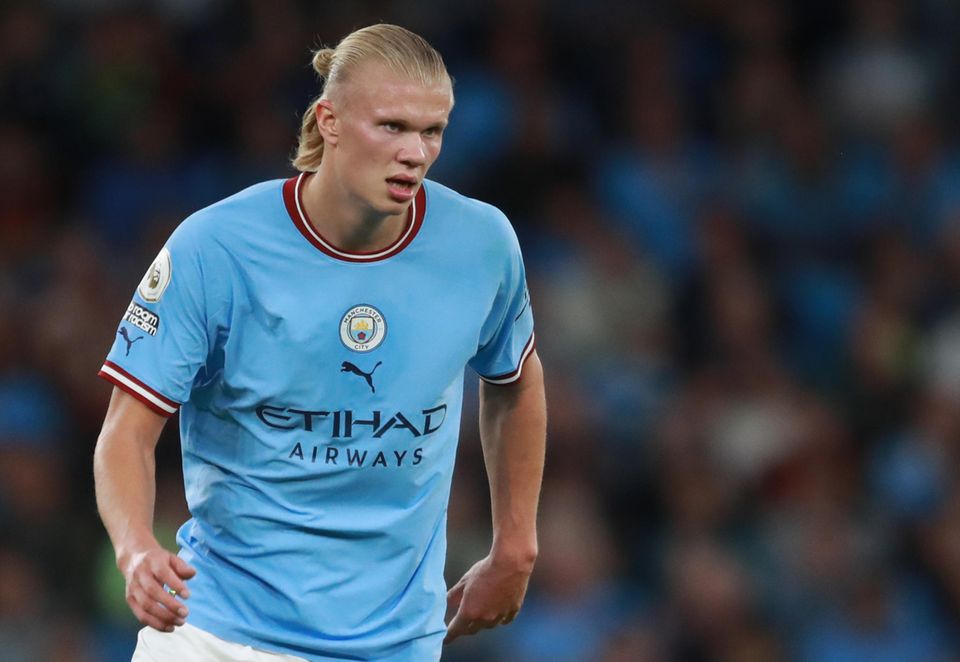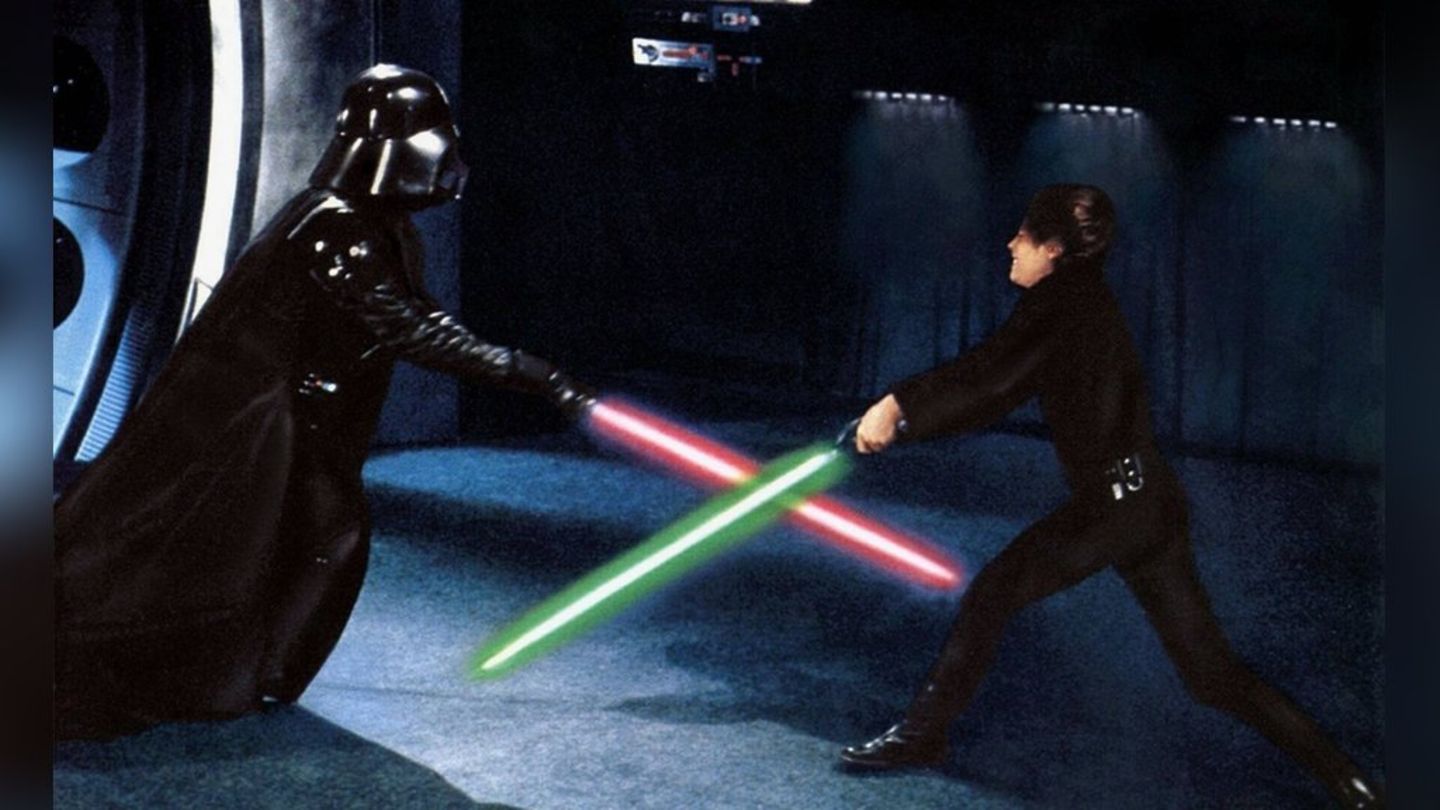analysis
The recent transfer window in European football has been filled with crazy deals. English clubs in particular drove up prices. The Bundesliga, however, remained calm and was even able to retain some of its best employees for the long term.
The “kicker” is something like the official gazette of the German soccer industry. Objective in tone, serious in the reported content. But now he’s guilty of a false report: “Manchester United grabs Antony” it said on the website of the trade journal. It is true that the Brazilian striker is moving from Ajax Amsterdam to England. It is wrong that United would have “snapped” him. That sounds light as a feather, just as if Antony had danced on Transfermarkt for a few seconds, and Manchester’s sporting director then called out at lightning speed: “I’ll buy it!”
The opposite is true. Antony’s transfer took weeks, first Ajax declared the attacker unsaleable and then finally let him go for 95 million euros.
The Premier League remains the powerhouse of European football
The move by Antony, 22, who grew up in Sao Paulo, has repercussions far beyond Manchester and the Premier League. It is probably the craziest personality of the summer transfer period, which ended on Thursday evening. Almost 100 million for a striker who has scored 18 goals in just 57 games for Ajax, that’s ludicrous. For comparison: Erling Haaland, one of the world’s best strikers, went from Borussia Dortmund to Manchester City for 70 million in June, Robert Lewandowski from Bayern Munich to Barcelona for 45 million and Sadio Mané from Liverpool to Munich for 32 million. Haaland, Lewandowski and Mané are established forces – Antony, on the other hand, seems like a nameless person.
The fact that the Brazilian still achieves such a high transfer fee says a lot about European football. Its powerhouse remains the Premier League. From summer to summer it pushes market prices up, usually in steps of ten to twenty million euros. The inflation that everyone is complaining about today has been raging here for years. For an average commercial player who oscillates between the bench and the starting XI, about 20 million euros are called for in England today; a regular player costs 40 to 50 million – and these prices are not only paid by big clubs like Liverpool, Chelsea, Tottenham and the two clubs from Manchester.
Newcastle United are also offering, equipped with lavish budgets from the new owner, the 400 billion Saudi Arabian sovereign wealth fund PIF. As befits novice riches in the Premier League, there was a lot of splurging: a few days ago Newcastle took the young Swede Alexander Isak from San Sebastian for 70 million euros. That Isak, who was once unable to assert himself at Borussia Dortmund.
The current transfers show that the Bundesliga can still keep up
Even those who have been promoted in the English league seem to have almost unlimited funds. For example, Nottingham Forest brought in the reservist Neco Williams from Liverpool for 20 million euros and English U21 international Morgan Gibbs-White from league competitor Wolverhampton for 30 million. All transfers that no club in the Bundesliga could handle – even FC Bayern would not spend tens of millions for upper mediocrity.

With the financial strengthening of the Premier League, voices in Germany fearing that the Bundesliga will be left behind are increasing. It threatens to sell out the best players. But is that really the case? The current transfer process gives a clear answer: no.
Erling Haaland may have left the league, but it was already clear when he signed his contract in Dortmund two years ago that BVB would only be a stopover. Haaland is facing a world career, he has what it takes to become one of the greats, like Cristiano Ronaldo, Messi or Mbappé. The Bundesliga has always been too small for such a talented player, even ten or twenty years ago.
Robert Lewandowski has also left. However, his departure had nothing to do with his employer’s lack of financial strength – there was only a stress fracture between Lewandowski and FC Bayern. Lewandowski just wanted to leave after eight years in Munich. There, the center forward was replaced by Sadio Mané in almost equal measure, and other attacking players such as Serge Gnabry and Leroy Sané are thriving. Already, a few weeks after the start of the league, Lewandowski is no longer missing.
The call for investor money could get louder
The resilience of clubs like RB Leipzig or Bayer Leverkusen also supports the thesis that the Bundesliga is stable in the long-distance duel with the Premier League. Christophe Nkunku, 24, market value €80m, was one of the most sought-after players of the last transfer window. And yet Leipzig managed to extend the contract with the French international. Or Leverkusen: Striker Patrik Schick stayed, although he was hotly courted. And Florian Wirtz, 19, probably the greatest talent in German football, extended his contract until 2027 during an injury break.

So it’s not as hollow and starving as the Bundesliga is often portrayed. Not yet? How the league will be able to hold its own against the Premier League in the long term is an open question. The so-called 50+1 rule currently prohibits investors from acquiring a majority stake in a Bundesliga club. This also curbed the inflow of capital. But if the cases in which even middle-class players can no longer be retained should also increase in the Bundesliga, the call for investor money will become louder. The German fan may be a traditionalist and curse turbo capitalism in football, but he doesn’t really like to lose.
Source: Stern
I have been working in the news industry for over 6 years, first as a reporter and now as an editor. I have covered politics extensively, and my work has appeared in major newspapers and online news outlets around the world. In addition to my writing, I also contribute regularly to 24 Hours World.




